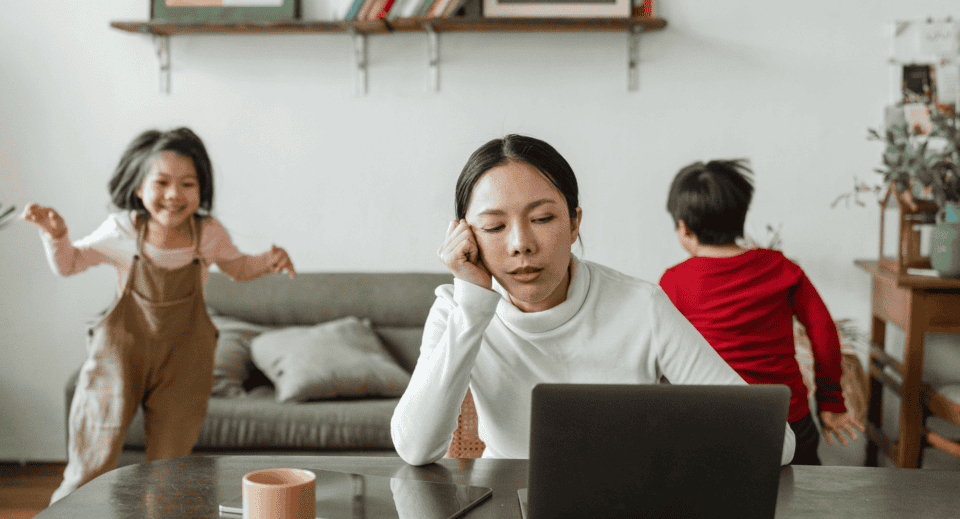
Coping with Noise Sensitivity
Noise sensitivity, also known as sound sensitivity or phonophobia, can significantly impact an individual’s quality of life. This can include feeling overwhelmed in bustling environments or experiencing physical discomfort due to loud sounds. Let’s take a look at the challenges of noise sensitivity, valuable coping techniques, and ways to create an environment conducive to peace and tranquility.
Understanding Noise Sensitivity
Noise sensitivity is characterized by a heightened awareness of sound, as well as greater emotional responsiveness to sounds. While everyone has unique thresholds for tolerating noise, individuals with noise sensitivity experience an amplified reaction to various sounds, which may lead to feelings of stress, anxiety, or physical discomfort. Common triggers for noise sensitivity include loud or sudden noises, crowded or chaotic environments, and repetitive sounds.
Moreover, noise sensitivity can manifest in various ways, such as increased irritability, difficulty concentrating, headaches, or a strong urge to escape noisy situations.
Coping Techniques for Noise Sensitivity
If you are sensitive to noise, here are a few tips for coping with noise sensitivity:
1. Identify Triggers
Start by identifying specific noises that trigger your sensitivity. This could include loud conversations, vehicle honking, or the general hustle and bustle of a crowded space.
2. Create a Sanctuary
Designate a quiet space at home where you can retreat when noise becomes overwhelming. Prepare this space with comforting items like noise-canceling headphones, soft lighting, and soothing decor.
3. Practice Mindfulness
Engage in mindfulness or relaxation techniques, such as deep breathing, meditation, or yoga, to help manage the emotional and physical responses to noise sensitivity.
4. Communicate Your Needs
Advocate for your well-being by communicating your needs to friends, family, and coworkers. Encourage understanding and respect for your sensitivity to noise in various environments. This can help you manage noise sensitivity when you’re not at home.
5. Use Protective Gear
Invest in high-quality earplugs to minimize exposure to triggering sounds while in louder environments. Custom-molded earplugs are comfortable for all-day wear and can help you manage noise sensitivity.
6. Seek Professional Help
If noise sensitivity significantly impacts your daily life, consider seeking guidance from a hearing healthcare professional or therapist who can provide personalized coping strategies and support.
Creating a Peaceful Environment
In addition to implementing personal coping techniques, creating a peaceful environment at home can help you manage noise sensitivity effectively. Here are some suggestions to create more peaceful surroundings:
- Manage Home Noise Levels: Limit unnecessary sources of noise at home, such as loud appliances or electronic devices, and consider soundproofing areas that are particularly susceptible to external noise.
- Use Nature Sounds: Use the gentle sounds of nature by incorporating elements like indoor plants, water features, or soothing nature sounds into your living space.
- Establish Quiet Hours: Encourage a household routine that includes designated quiet hours to create a peaceful environment conducive to relaxation and calm.
- Cultivate Visual Serenity: Enhance your surroundings with calming visual elements, like soft color palettes, natural lighting, and minimalist design to promote a sense of tranquility.
- Consider Sound-Masking Solutions: Explore sound-masking devices or white noise machines that can help minimize the impact of disruptive environmental sounds.
Technology for Noise Sensitivity
Advancements in technology have created numerous solutions for individuals with noise sensitivity to manage their symptoms and improve their quality of life. Noise-canceling headphones, earplugs, sound-masking machines, and white noise apps are just a few examples of technological innovations that can help regulate sound exposure and reduce overload.
Moreover, developments in virtual reality and digital environments offer exciting possibilities for creating custom-designed, noise-controlled spaces that provide a safe and calming atmosphere for individuals with noise sensitivity. As technology continues to evolve, the potential for personalized and effective noise management solutions will only continue to grow.
The Importance of Self-Acceptance
Coping with noise sensitivity requires patience, self-compassion, and understanding from both yourself and others. Embracing self-care practices, setting healthy boundaries, and seeking support from friends, family, or mental health professionals can empower you to navigate noise sensitivity with resilience.
While it can be challenging to exist in a world that is not designed with sensitivity in mind, individuals can learn to embrace their unique traits, strengths, and needs. By exploring personal coping techniques and seeking support and guidance, you can find relief.
Visit Us For More Support
If you struggle with noise sensitivity, we’re here to help. Visit us to find out more about your hearing needs, and explore custom solutions for noise sensitivity.
